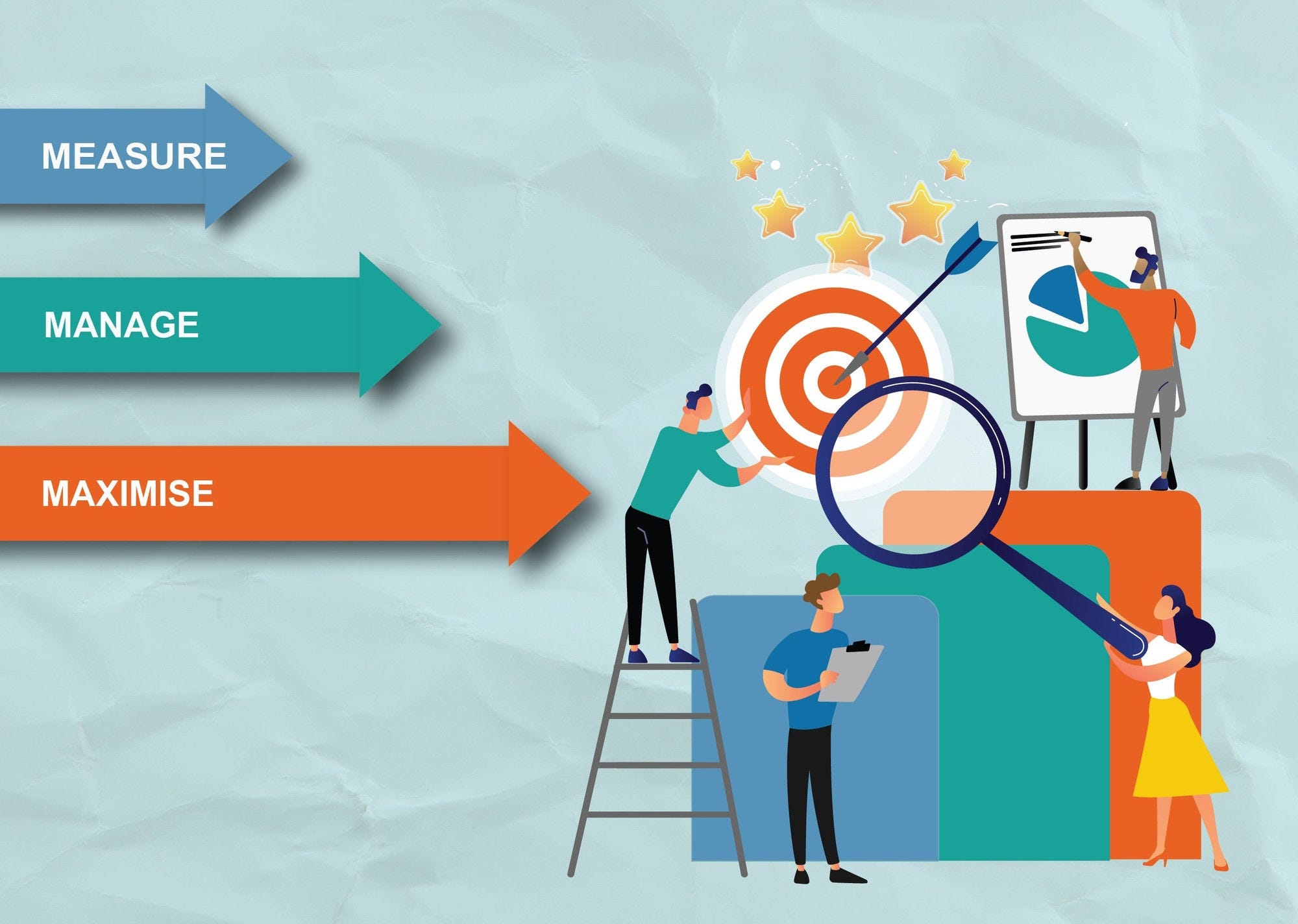Increasingly, countries are recognising the contribution social enterprises make to economic and inclusive growth and sustainable development. While some form of legislation on social enterprises exists in 16 EU countries, and explicit policies or strategies to boost their development exist in the other 11 EU countries, policy makers recognise that legislation can help address current shortcomings and facilitate future social enterprise development. Based on consultations with more than 80 experts, policy makers and stakeholders from 10 European countries, this manual explains the rationale behind legal frameworks for social enterprises, identifies the critical factors for legal framework design and recommends actions to ensure legislation fully meets the needs of social enterprises. It lays out the fundamental steps related to the life cycle of legal frameworks and provides options that policy makers can use in the design and implementation process.
Designing Legal Frameworks for Social Enterprises

Abstract
Executive Summary
There is strong potential for social enterprises to promote and advance inclusive and sustainable growth and offer opportunities to many groups to create economic activities with social impacts. Social enterprises have grown in prominence and expanded their reach across the globe. However, their potential is still not fully exploited. Awareness and evidence need to be built around how legal frameworks, tailored or not, can effectively unlock this potential.
The number of social enterprises has increased in recent decades. In the European Union, based on national-level data, there are roughly 397 000 social enterprises with variation among member states (European Commission, 2020[1]). For example, Belgium, Hungary, Italy and Luxembourg have over 1500 social enterprises per million inhabitants, whereas Estonia, Greece and Malta have less than 500 (European Commission, 2020[1]). Due to multiple definitions and varying degrees of legal recognition for social enterprises, the quality of data on social enterprises differs between countries and even subnational regions.
There is growing legal recognition of social enterprises. In the EU, 16 countries having adopted some form of legislation specific to social enterprises over the past two decades. Countries have pursued a variety of approaches tailored to their specific domestic conditions and needs of social enterprises. While some countries have adopted legislation creating specific legal forms for social enterprises (e.g. Italy, the United Kingdom), others have created legal statuses available to one or several legal forms that meet specific criteria (e.g. Denmark, Luxembourg, Slovenia). Likewise, countries have also utilised fiscal frameworks for social enterprises, with some awarding tax exemptions to specific legal forms or creating fiscal incentives for individuals to donate or invest in social enterprises.
Despite improved legal frameworks for social enterprises, many entities continue to operate as de facto social enterprises. For example, in some jurisdictions, foundations or associations may be allowed to partake in market-based activities; cooperatives to benefit the general interest by addressing the needs of non-members; and limited liability companies (LLCs) to pursue a social purpose and implement constraints on profit-distribution to the shareholders. In this case, these entities, while effectively operating as social enterprises, may lack legal recognition as such, which may prevent them from accessing support programmes and inhibit the overall growth of the social enterprise ecosystem. It also makes it challenging to accurately estimate their number in a given country, region or city.
OECD research indicates that with adequate design and effective implementation, legal frameworks can be a powerful tool to foster and bolster social enterprise development. Legal frameworks may support social enterprises develop and thrive by clarifying what they are and what authorities can do to best tailor legal provisions to meet their needs (Haarich et al., 2020[2]). Italy and Poland, for example, saw significant increase in the number of social cooperatives after the introduction of specific legal frameworks. OECD work also shows that countries can choose not to adopt legal frameworks. In this case, they need to leverage other mechanisms to support social enterprise development such as tax policy, action plans and strategies.
The Manual for Legal Frameworks for Social Enterprises provides policy makers with policy guidance to design and implement effective legal frameworks to promote social enterprise development. Developing and adopting legal frameworks can be a complex and time-intensive process. This Manual helps policy makers identify the right time to develop legal frameworks and provides comprehensive steps to successfully adopt and implement them. It equips policy makers with concrete guidance to make the most of legal frameworks, by highlighting notable practices mainly collected from ten EU countries, which leverage legal frameworks to support social enterprises in most cases.
Taking into account different EU Member State contexts, the Manual focuses on:
1 Legal options governing social enterprises when legal frameworks explicitly recognise them;
2 Essential features of a social enterprise – in line with the OECD and European Commission definitions – and the criteria to qualify as a social enterprise;
3 Factors that support policy making processes to design legal frameworks as well as the features to be considered when assessing the performance of these legal frameworks.
The Manual is complemented inspiring practices and experiences from EU and OECD countries to unveil challenges, gaps and opportunities regarding regulations for social enterprises. Finally, it identifies potential criteria to assess legal frameworks performance. It takes into consideration the criteria used in the European Commission / OECD “Better Entrepreneurship Policy Tool” and complementary work such as OECD Framework for Regulatory Policy Evaluation, which assists countries in evaluating the design and implementation of regulatory policy, against the achievement of strategic regulatory objectives.
References
[1] European Commission (2020), Social enterprises and their ecosystems in Europe. Comparative synthesis report, Publications Office of the European Union, https://ec.europa.eu/social/main.jsp?catId=738&langId=en&pubId=8274.
[2] Haarich, S. et al. (2020), Impact of the European Commission’s Social Business Initiative (SBI) and its Follow-up Actions, European Commission, Luxembourg.
In the same series
-
 20 March 2023
20 March 2023
Related publications
-
 25 October 2024
25 October 2024 -
 8 October 2024
8 October 2024 -
 Case study8 October 2024
Case study8 October 2024










